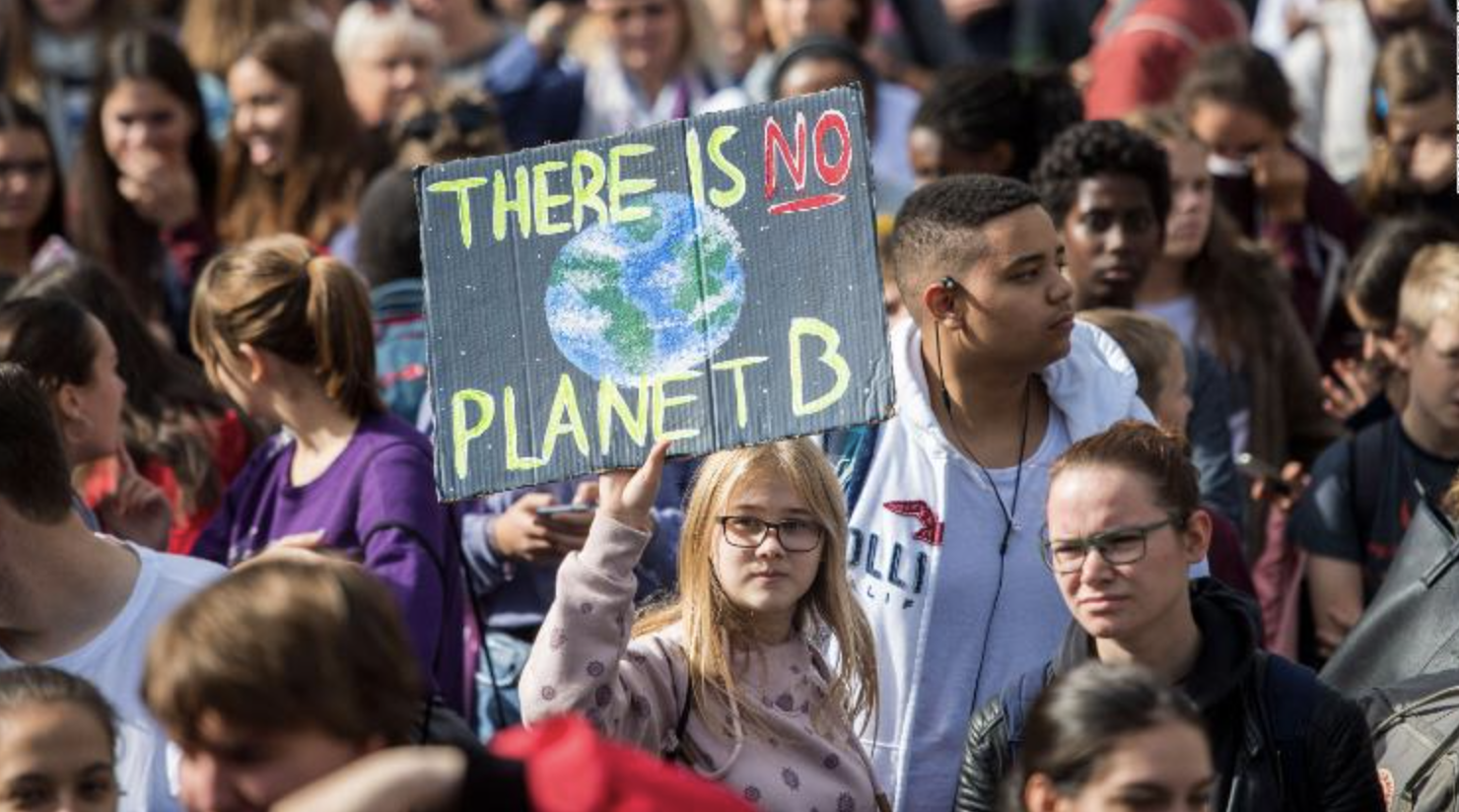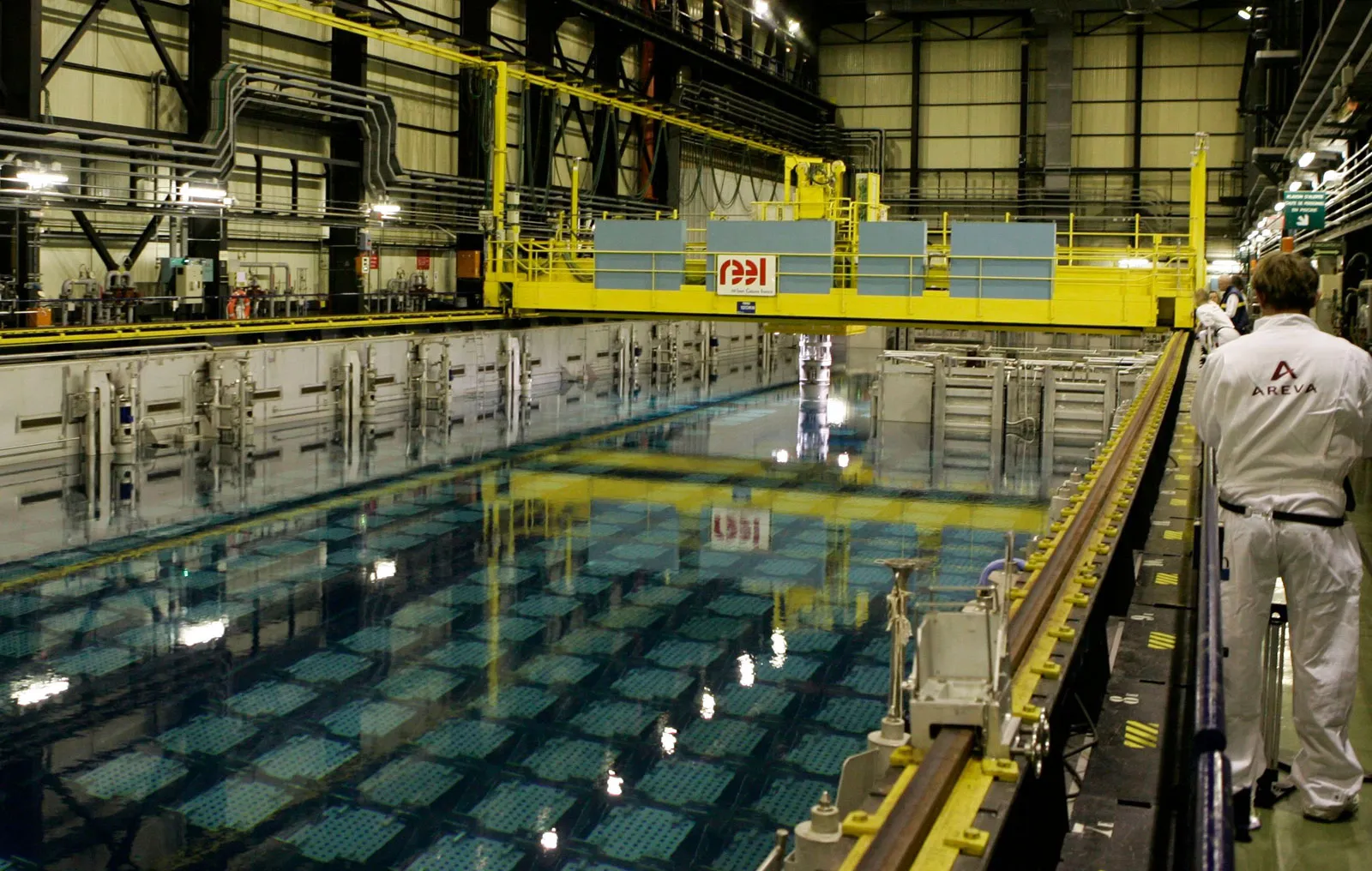After a marathon session and months of deal making and debate, the United States Senate passed the historic ‘Inflation Reduction Act’ – a sprawling bill aimed to bring down costs of medicines and energy – including a huge $369bn for climate change initiatives.
This is the largest such direct investment in clean and green energy in US history.
Democrat from Hawaii Senator Brian Schatz reportedly cried tears of joy as he left the chamber.
“Now I can look my kid in the eye and say we’re really doing something about the climate,” he said according to the New York Times.
The bill now heads to the US House of Representatives, where it will certainly pass within days.
What’s in the bill for green focused investors?
Critical mineral miners and manufacturers with exposure to the US domestic market will be big winners.
$30 billion for the ramped up local production of solar panels, wind turbines, batteries and critical minerals processing to manufacture those and $10 billion for value adding manufacturing facilities.
$500 million through the Defense Production Act for heat pumps and critical minerals processing.
$60 billion for areas disproportionately affected by climate change – $27 billion going to the creation of a new US “green bank” to help drive clean energy investments in poorer areas of the US.
Fees for oil and gas companies to incentivise plugging of methane leakage.
Undo the 10-year moratorium on offshore wind leasing established by President Donald J. Trump.
Tax credits for existing US nuclear reactors of $15 per MWh of production, to keep nuclear energy industry sustainable long-term.
The bill provides billions in tax credits for US households, to encourage energy efficiency upgrades – delivering significant collective energy savings over time – including for heating and cooling systems, connecting rooftop solar CNN reported.
The bill also extends tax credits for the purchase of EVs, and finer details stipulates these cars “would be ineligible for the tax credits if any of the critical minerals contained in the battery were “extracted, processed, or recycled” by a “foreign entity of concern”” – according to global law firm White and Case.
Analysis said the bill would cut as much as 40% of U.S. greenhouse gas emissions by 2030.






